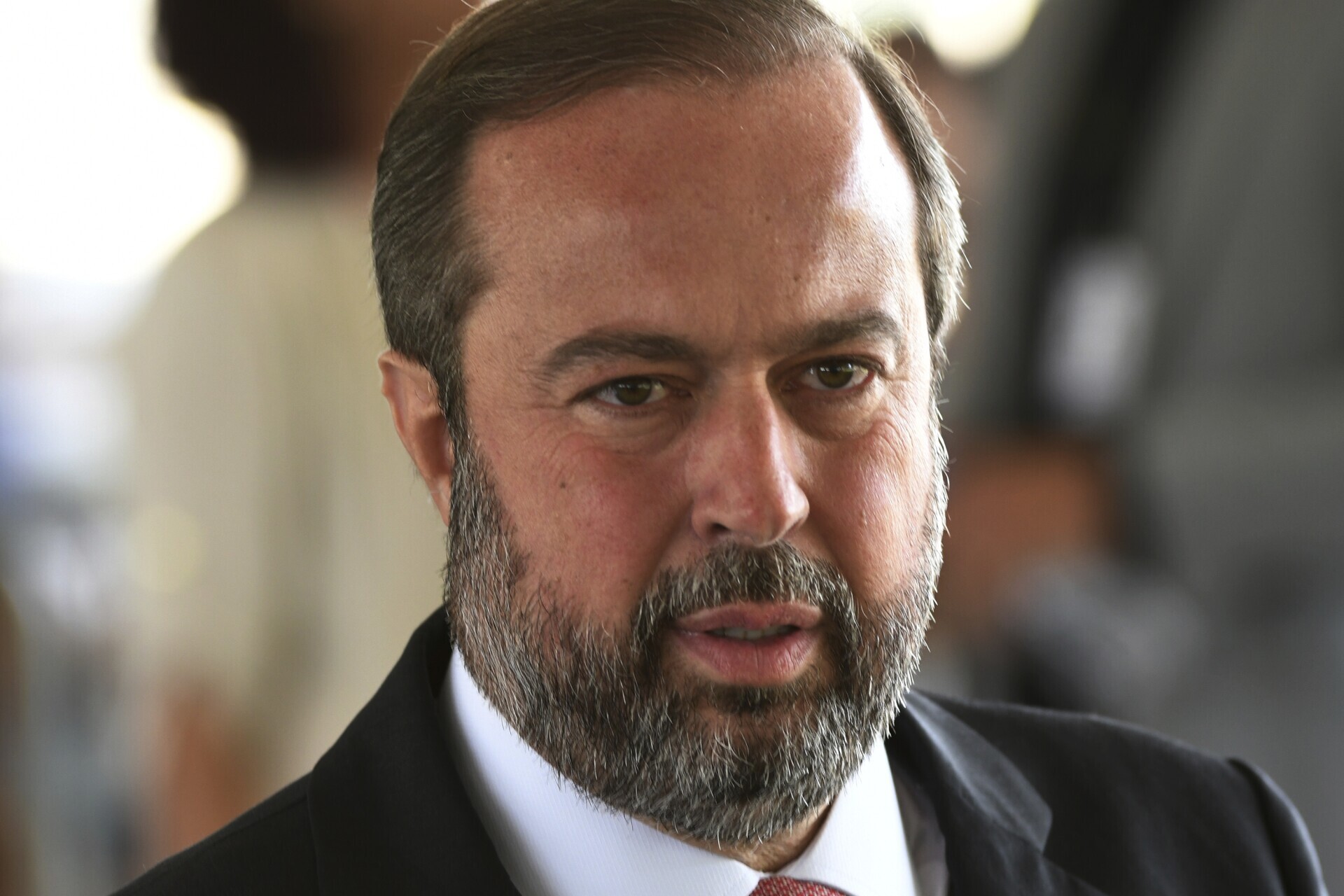Brazil is striving to leverage its abundant lithium reserves to become a major lithium battery producer, thereby fostering the growth of an electric vehicle (EV) manufacturing industry, according to sources from the federal government and the automotive sector, the most influential in Latin America.
Lithium batteries, a high-cost component in electric cars, could be made from lithium, abundantly found in Brazil.
“We are developing the lithium production chain, which is crucial for fleet electrification.”

“We aim to transform our country into a battery production hub, creating jobs and income for our people,” declared the Minister of Mines and Energy, Alexandre Silveira, at an event named “Driving the Future of Electrification in Brazil.”
Silveira pointed out that Brazil already possesses the requisite technology for lithium battery production but needs to scale up to enhance competitiveness and make it an “accessible reality” for its citizens.
“But let me emphasize: we will do all this without neglecting biofuels,” he added.
The Minister reaffirmed Brazil’s “clear commitment” to the energy transition and carbon reduction in transportation, noting that 88 percent of Brazil’s electricity comes from clean sources.
“We have a significant competitive advantage in this sector, which has already contributed to decarbonizing a substantial portion of our light transportation with ethanol.”
“But we want more. We aspire for advanced technology in our biofuels; more efficiency; increased agricultural productivity; enhanced sustainability in the supply chain. All of this will ensure job and income generation, lower consumer prices, and a reduced carbon footprint,” Silveira asserted.
He mentioned that the formulation of the Future Fuels Bill, currently in the final stages of refinement by the government, considered all these aspects following extensive discussions with various stakeholders in the automotive industry.
“This will also unlock new possibilities for the aviation and land transportation sectors,” he noted, emphasizing the automotive sector’s contribution to the economy by creating jobs and income through associated production chains.
Silveira concluded by stating that the federal government’s initiatives would allow Brazil to be a “leading player” in the green economy’s expansion.
“We are also formulating policies to promote the development of the strategic minerals’ production chain necessary for electric vehicles, investing in mineral research and development of links in the production chain.”

